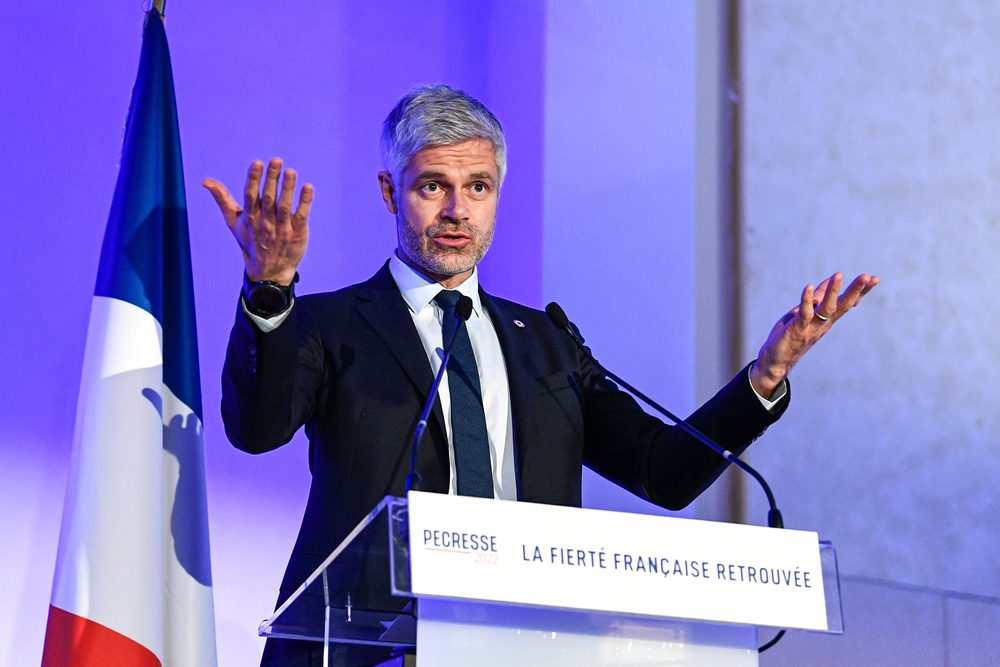
The main party of the French governmental Right, Les Républicains, is facing a bleak future after its crushing defeat in the April 2022 presidential election. Its candidate, Valérie Pécresse, received only 4.78% of the vote, a number too low to even qualify for reimbursement for her campaign expenses.
The Républicains managed to keep their rout within reasonable bounds in the June legislative elections by forming a parliamentary group of around 60 MPs, but they no longer dominate this part of the political spectrum, as the Rassemblement National now has more MPs with a group of 89.
Christian Jacob, who had been Les Républicains party’s leader since 2019, stepped down following the legislative elections. For the time being, the party has not yet appointed a new leader, and uncertainty reigns.
Laurent Wauquiez, president of France’s second largest region, Auvergne-Rhône-Alpes, who was at the head of Les Républicains at the beginning of Emmanuel Macron’s first term, was the favourite, but he just announced on July 17th that he did not want to run for the presidency of the party again.
According to David Desgouilles, columnist for the weekly Marianne, this decision, which may seem surprising—Wauquiez is very popular among LR activists—can be easily explained. Laurent Wauquiez took note of the fact that parties in the classical sense of the term were currently losing ground, and that it was more important for a politician to embody a clear political line: “Laurent Wauquiez is seeking to embody a political line in public opinion without having to manage the day-to-day running of a political party, betting that the party will have no choice but to support him when the time comes and to provide him with the necessary funding,” explains David Desgouilles in an interview with Le Figaro.
The political line that Laurent Wauquiez wants to promote is a conservative one that stands in opposition to wokism and the revival of the extreme Left with the NUPES. A former student of the École Normale Supérieure and a history graduate, he is committed to reflection and considers that political refoundation cannot be achieved without genuine intellectual work. He intends to continue along this path, without having to worry about managing the internal quarrels of his original party. He knows that the confidence of the militants has already been gained and is interested in reaching an ever-wider audience.
Laurent Wauquiez used a Facebook post to explain both his refusal to take over the presidency of the party, and his intentions for the future: “I am making this choice because I believe that we must devote all our energy to this refoundation to which our country aspires. Such a requirement does not allow for any distraction. We must give ourselves totally to it,” he wrote.
With such words, he put his ambitions for the next presidential election, in 2027, on display. But it is a difficult bet to keep, because the liberal-conservative niche in France, once embodied by François Fillon, and awkwardly reinvested by Éric Zemmour in 2022, has never been enough to win an election.
